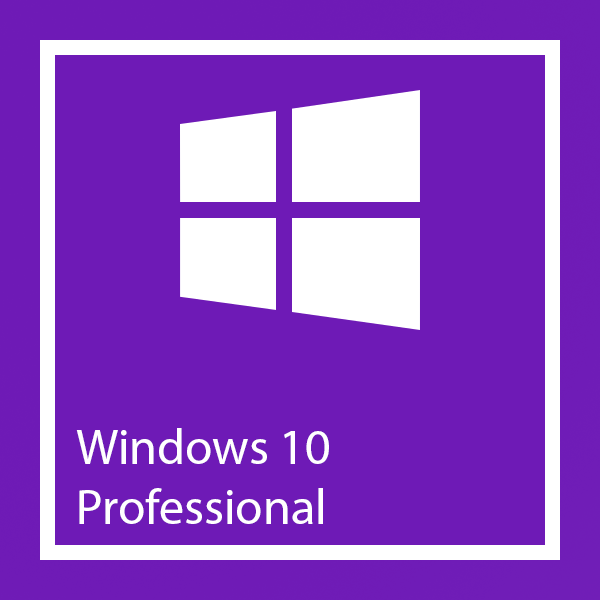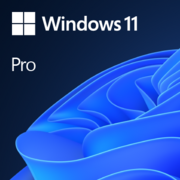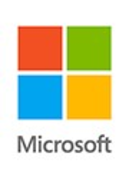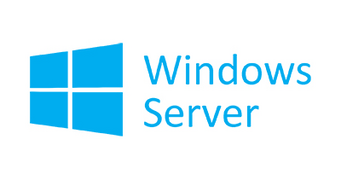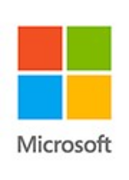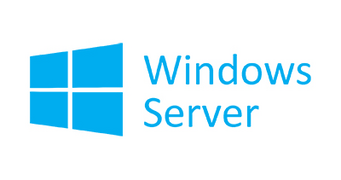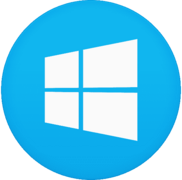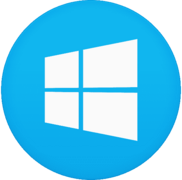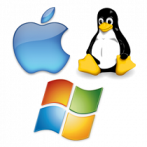
Operating Systems
An operating system (OS) is a system software that manages computer hardware and software resources and provides common services for computer programs.
Operating systems distribute processor time and computer memory between processes (running programs) for efficient use of the system. For hardware functions such as I / O and memory allocation, the operating system acts as an intermediary between programs and computer hardware.
Operating systems are on all devices that can be attributed to computers - from cell phones and game consoles to web servers and supercomputers.
Use of operating systems in the world:
In the desktop operating system sector
Microsoft Windows - 82.74 %
MacOS by Apple Inc. - 14.23 %
Linux (and varieties) - 3.03 %
In the mobile sector (smartphones and tablets)
Android - 87.5 %
Apple's iOS with 12.2 %
other operating systems - 0.3 %
OS Linux is dominant in the server and supercomputer sectors.
Operating systems distribute processor time and computer memory between processes (running programs) for efficient use of the system. For hardware functions such as I / O and memory allocation, the operating system acts as an intermediary between programs and computer hardware.
Operating systems are on all devices that can be attributed to computers - from cell phones and game consoles to web servers and supercomputers.
Use of operating systems in the world:
In the desktop operating system sector
Microsoft Windows - 82.74 %
MacOS by Apple Inc. - 14.23 %
Linux (and varieties) - 3.03 %
In the mobile sector (smartphones and tablets)
Android - 87.5 %
Apple's iOS with 12.2 %
other operating systems - 0.3 %
OS Linux is dominant in the server and supercomputer sectors.
